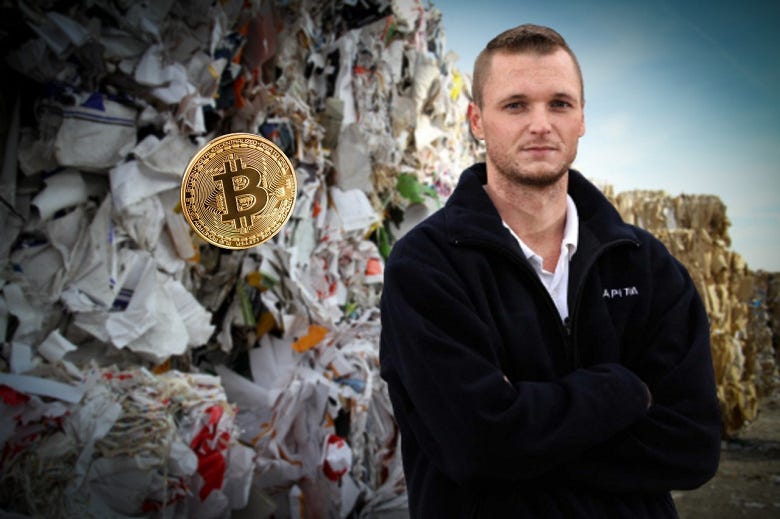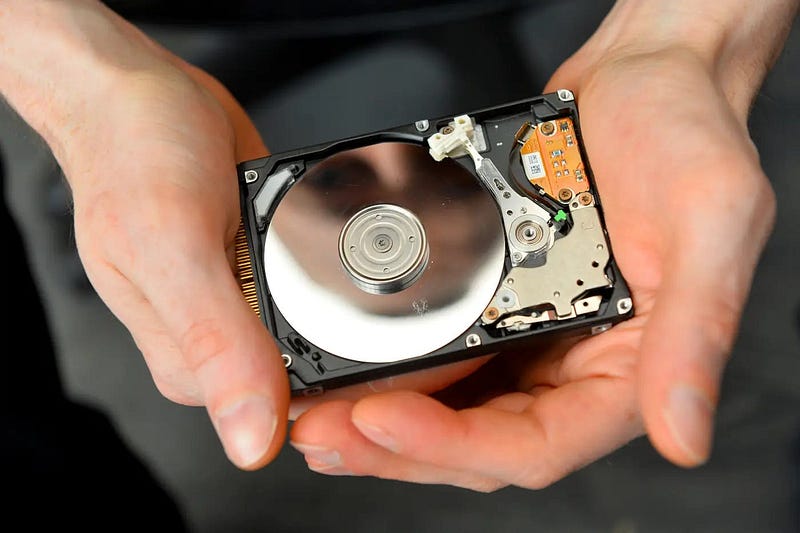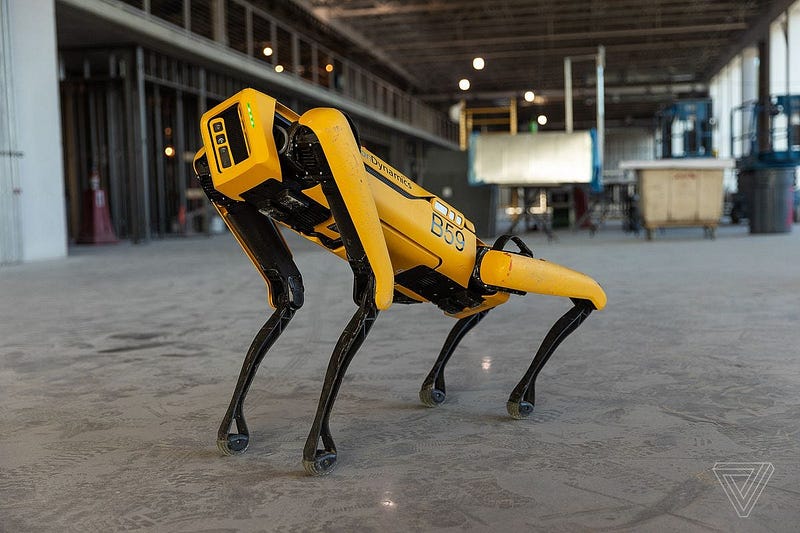Chasing Lost Bitcoin: The Quest for a Discarded Hard Drive
Written on
Chapter 1: The Cost of Forgotten Passwords
Losing passwords can be incredibly frustrating, and while it often leads to minor inconveniences, it can sometimes have significant consequences. This was the case for James Howells from Newport, Wales, who inadvertently disposed of a hard drive that contained the private keys to his Bitcoin wallet back in 2013. Howells, 36, had previously mined a substantial amount of Bitcoin—8,000 coins in total—back in 2009. With the backing of venture capitalists Hanspeter Jaberg and Karl Wendeborn, he has embarked on an ambitious mission to recover his lost fortune.

The Lost Stash, By the Numbers:
- 8,000: The total Bitcoins in Howells' wallet.
- $190 million: Current value of the Bitcoins.
- 110,000: Tons of waste in the landfill.
- $108,000 to $8.6 million: Estimated worth of the Bitcoins when they were lost in 2013.
- $11 million: Funds allocated to recover the hard drive.
- 3 years: Estimated duration for the project.
- 5.44 inches: Size of the lost hard drive.

Chapter 2: The Recovery Process
The Newport landfill where the hard drive is believed to be located is already capped and covered with soil and grass. Howells’ ambitious plan, which is expected to cost around $11 million and take three years to complete, includes utilizing excavators, dump trucks, and a sorting facility equipped with advanced technology. Human sorters will work alongside an AI system known as Max-AI, developed by a company in Oregon, which will scan the debris for hard drive-shaped objects on a conveyor belt.
Watch as the Bitcoin Weekly Update covers the intriguing story of James Howells and his quest for lost Bitcoin.
The Robotic Dogs:
In a surprising twist, Howells plans to deploy two robotic "dogs" manufactured by Boston Dynamics. Priced at around $75,000 each, these robots will serve dual purposes: providing security at night and searching the landfill during the day for devices resembling hard drives. Howells has affectionately named them “Satoshi” and “Hal,” in homage to Bitcoin’s creator and a notable figure in the cryptocurrency community.

The Financial Arrangement:
Howells has proposed to share 25% of the proceeds with the City of Newport, a considerable sum that could reach nearly $50 million. However, he requires city approval to proceed. Additionally, he intends to distribute a third of the recovered Bitcoin to his recovery team, another third to his investors, and some to local charities, while also providing a small stipend to Newport residents.
Chapter 3: Environmental Concerns
Despite Howells' offer, the City of Newport has expressed initial resistance to his proposal. Citing the landfill's capped status, they are concerned that excavation could release harmful greenhouse gases into the environment. Howells has assured the council that his team would restore the landfill post-recovery and remove recyclable materials during the process. He even suggested constructing a solar or wind farm on the site once the project is completed.
City Council’s Position:
A council representative stated that there’s nothing Howells could propose that would mitigate their concerns, emphasizing significant ecological risks associated with the excavation.
Howells’ Last Resort:
If the City Council ultimately denies his request, Howells may consider legal action, although he prefers to collaborate with the council. He may argue that the city’s refusal constitutes an “illegal embargo” on his hard drive.
Chapter 4: Lessons Learned
This situation serves as a crucial reminder about the importance of securely storing the private keys to cryptocurrency wallets. Modern hardware wallets provide excellent security and backup options. It's advisable to keep backups in safe, fireproof locations, such as bank safety deposit boxes. For example, the Winklevoss twins opted to store their private keys in twelve separate bank boxes across the country to mitigate risk.
More Lost Bitcoin:
While the exact amount of Bitcoin that has been lost remains unknown, it is estimated that hundreds of thousands, if not millions, of Bitcoins may never be recovered. This scarcity only increases the value for remaining holders. The New York Times estimates that approximately 20% of existing Bitcoin is locked away in “lost” wallets.
In a notable case, Stefan Thomas lost access to 7,002 Bitcoins due to a forgotten password, resulting in a loss valued at around $220 million. Similarly, a mysterious wallet containing 69,000 Bitcoins was discovered on the dark web, and its owner remains unknown. The largest wallet, associated with the enigmatic Satoshi Nakamoto, contains 1.1 million Bitcoins, valued at around $26 billion, and has never been touched.
Conclusion:
The mystery of lost Bitcoin continues to intrigue many, highlighting the need for secure storage solutions and the potential wealth locked away forever.
In this exciting video, watch as a treasure hunt unfolds when a hard drive containing cryptocurrency is discovered during a dumpster dive!